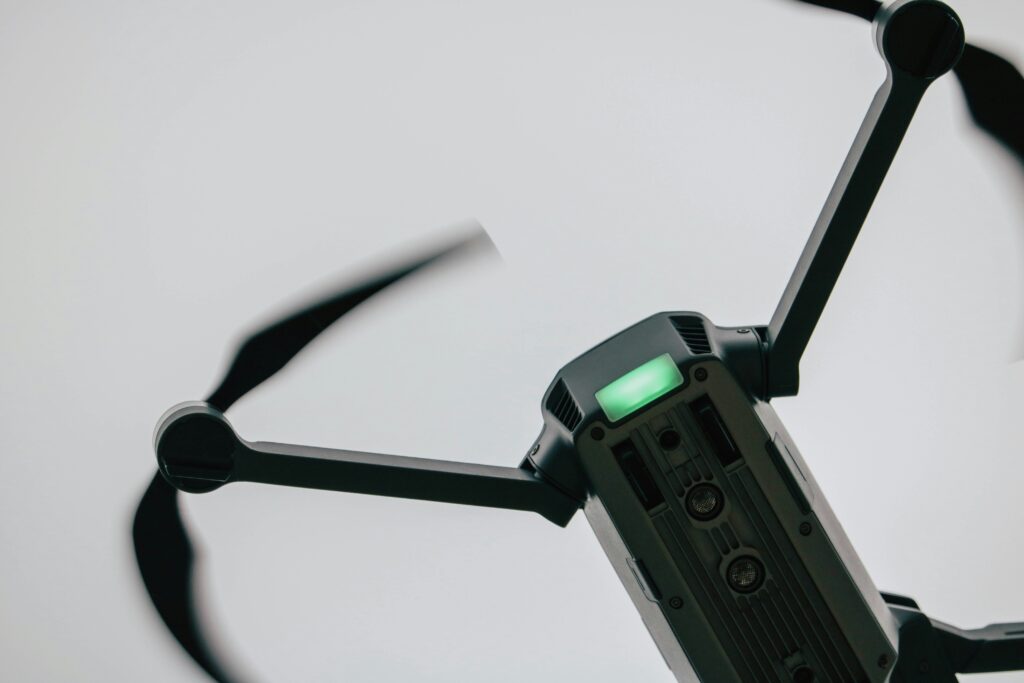The advent of drone technology and artificial intelligence (AI) has revolutionized modern warfare, particularly aerial combat. Drones, or unmanned aerial vehicles (UAVs), equipped with AI capabilities, have significantly altered the landscape of military operations, providing new levels of precision, flexibility, and reduced risk to human life. As these technologies continue to evolve, they pose both strategic advantages and ethical challenges, reshaping how conflicts are fought and the underlying principles of warfare.
Strategic Advantages of AI-Enabled Drones
Integrating AI into drone technology has transformed aerial combat in several key ways. First, AI enhances drones’ autonomy, allowing them to perform complex tasks without direct human control. This includes navigating challenging terrains, identifying targets, and making real-time decisions during missions. The increased autonomy reduces the need for extensive ground control operations, thus minimizing the risk to human operators and enabling more rapid deployment in conflict zones. Moreover, AI-driven drones can quickly process vast amounts of data, improving intelligence gathering and situational awareness. They can analyze live video feeds, intercept communications, and synthesize information from various sensors, providing commanders with a comprehensive battlefield overview. This capability enhances decision-making and operational planning, making military actions more precise and effective. Another significant advantage is the persistence that drones offer. Unlike manned aircraft that require breaks for refueling and crew rest, drones can loiter over targets for extended periods. This endurance allows for sustained surveillance and can exert psychological pressure on adversaries. Furthermore, the use of drones in combat reduces the risk of casualties among service members, a factor that can influence public opinion and political decisions regarding military engagements.
Ethical and Legal Challenges
Despite their advantages, using AI-enabled drones in warfare raises profound ethical and legal questions. One of the primary concerns is accountability. As drones gain more autonomy, determining responsibility for decisions made by AI, especially in cases of civilian casualties or other unintended consequences, becomes problematic. This challenges existing legal frameworks, which are based on principles of human accountability and decision-making. The risk of dehumanization is another ethical issue. The physical and emotional distance created by using drones could potentially lead to desensitization to violence and lower thresholds for engaging in combat. Furthermore, the precision and ease of drone strikes might encourage their use in situations where diplomatic solutions might otherwise be considered, potentially leading to an escalation in conflicts. Moreover, the proliferation of drone technology poses security risks. As more nations and non-state actors acquire advanced drones, the potential for their use in terrorist attacks or against civilian targets increases. Ensuring that drone technology does not fall into the wrong hands is a significant challenge for the international community.
The Future of Aerial Combat and International Norms
The continued evolution of drone warfare and AI requires the development of new international norms and treaties to manage their use responsibly. There is a pressing need for comprehensive regulations that address both the deployment of autonomous drones in combat and the ethical implications of their use. International cooperation will be crucial in establishing norms that ensure transparency, compliance with international humanitarian law, and protecting civilian populations. In addition, as AI technology advances, there will be an increasing need for robust cybersecurity measures to protect drones from hacking and other forms of interference. The security of communication links and the integrity of AI algorithms must be ensured to maintain operational control and prevent accidental engagements or misuse.
Drone warfare and AI are reshaping aerial combat profoundly, offering new capabilities that can enhance military effectiveness and reduce risks to human life. However, these technologies also introduce complex ethical, legal, and security challenges that require careful consideration and international cooperation to address. As we stand on the brink of a new era in warfare, the global community must engage in serious discourse and policy-making to ensure that these powerful technologies are used responsibly and ethically in the service of human security and peace.

